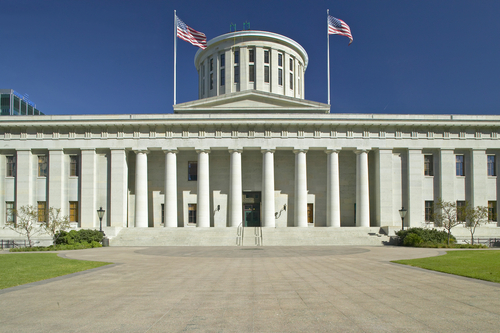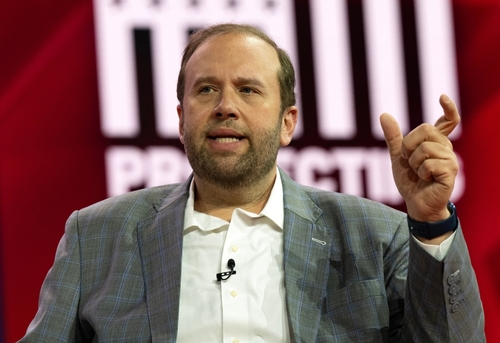As a big solution to absenteeism, Ohio is considering a bill that would pay students to attend school. HB 348, as it is called, seeks to pay families $500 a year for every 9th grader or kindergartener who does not miss up to 10% of school attendance for the school year.
Ohio Lawmakers Propose Paying Kids To Go To School https://t.co/4J5RnNN4YB pic.twitter.com/qKOBLcakvH
— Daily Wire News (@DailyWireNews) January 30, 2024
The bill is a bipartisan effort backed by Rep. Bill Seitz (R-OH) and Rep. Dani Isaacsohn (D-OH), who both hope that the bill would solve the issue of school absenteeism which has surged in Ohio and across the country since the COVID-19 pandemic.
“School attendance and absenteeism is probably the number one issue in education today, it is an absolute crisis. It’s a principle we all understand well that money is motivating but beyond that, it’s about the principle that sometimes people need a nudge to get back to positive behavior,” Isaachsohn stated while emphasizing the importance of the bill.
Explaining the idea to the House Primary & Secondary Education Committee earlier this month, Seitz said, “So, we’re going to pick sort of the worst of the worst on attendance and see if we can move the needle.”
According to Seitz, HB 348 might work, as “We’ve tried pizza day and we’ve tried playground hours, and we’ve tried all kind of foo-foo stuff” without success.
The bill would also give high school seniors $250 for graduating. The ones with 3.0 GPAs could get up to $1000.
The program would only be targeted at schools struggling with low attendance.
While the sponsors of the bill seem confident with their idea, several Republicans do not agree that the state should pay people to follow the law. According to them, the bill encourages an “entitlement mentality.”
During a committee hearing, Rep. Josh Williams (R-OH) challenged the rationale behind the bill, saying, “Are we really going to start that trend where we’re going to go in and invest to prevent people from committing crimes?”
Williams, who serves on the primary and secondary education committee believes the program would come at a high cost to taxpayers, especially those who do not have kids. According to the bill, a two-year pilot program for the plan would cost about $1.5 million.
“You already pay taxes to provide a free education to those children. But you’re going to actually pay a parent next door, out of your pocket, to make sure their kids get up and get on a school bus,” he argued.






